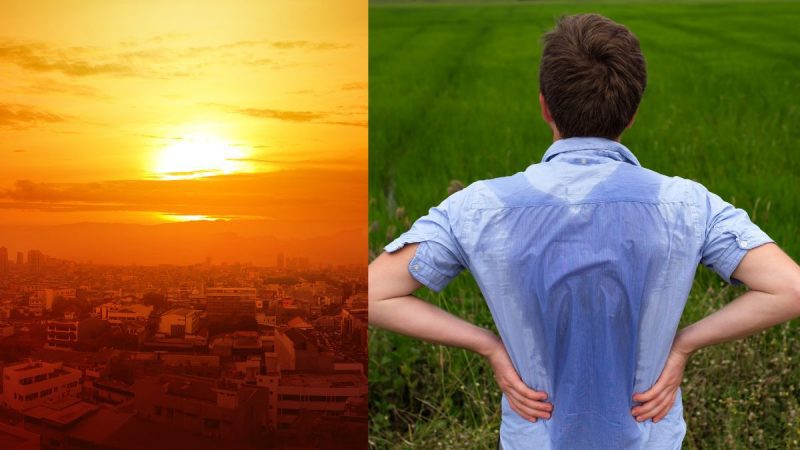Travelling during a heatwave can pose significant challenges and health risks. Extreme heat can lead to various health issues, such as heat exhaustion and heat stroke, and can make travelling uncomfortable and challenging. Some tips to travel in a heatwave safely must be followed.
Rising Heatwaves All-Around
The rising frequency and intensity of heat waves in India is a pressing issue that has significant implications for public health, agriculture, water resources, and overall quality of life. Climate change is a major driving force behind this alarming trend. The human body can struggle to cope with prolonged high temperatures, leading to heat-related illnesses such as heat exhaustion and heat stroke.
Addressing the challenges posed by rising heatwaves requires a multi-faceted approach. The socio-economic impacts of heat waves are profound. In addition, increased energy demand for air conditioning and cooling can lead to higher electricity costs, resulting in power outages. The tourism sector can also suffer as extreme heat deters tourists and disrupts travel plans. Here are essential tips to travel in a heatwave safely:
Also Read: Travellers Skip Famous European Cities For Brussels, Munich & More; Heat & Budget Influence Plans
How To Travel In A Heatwave Safely?

- Maintaining hydration is critical in high temperatures. Carrying a refillable water bottle and electrolyte-replenishing drinks can also be beneficial.
- Try to schedule outdoor activities for early morning or late evening when temperatures are cooler. Midday, typically between 10 a.m. and 4 p.m., is when the sun’s rays are most intense. Use this time for indoor activities.
- Keep abreast of weather forecasts and heat advisories for your destination. Use weather apps or local news sources to stay updated
- Understanding the symptoms of heat exhaustion and heat stroke can be lifesaving. If you or someone in your group shows signs of heat-related illness, seek medical attention immediately and move to a cooler place.
- Carrying heavy bags can increase your body temperature and contribute to fatigue. Pack only what you need and consider using luggage with wheels to ease the burden.
- Eating smaller, more frequent meals can help manage body temperature. Opt for foods with high water content, like fruits and vegetables. Avoid heavy, hot meals that can increase body heat.
Preparation and mindfulness are key to handling extreme heat effectively. You can minimise the risks associated with travelling during a heatwave and enjoy your trip more safely and comfortably.
Cover image credits: Canva
First Published: June 04, 2024 9:47 PM





